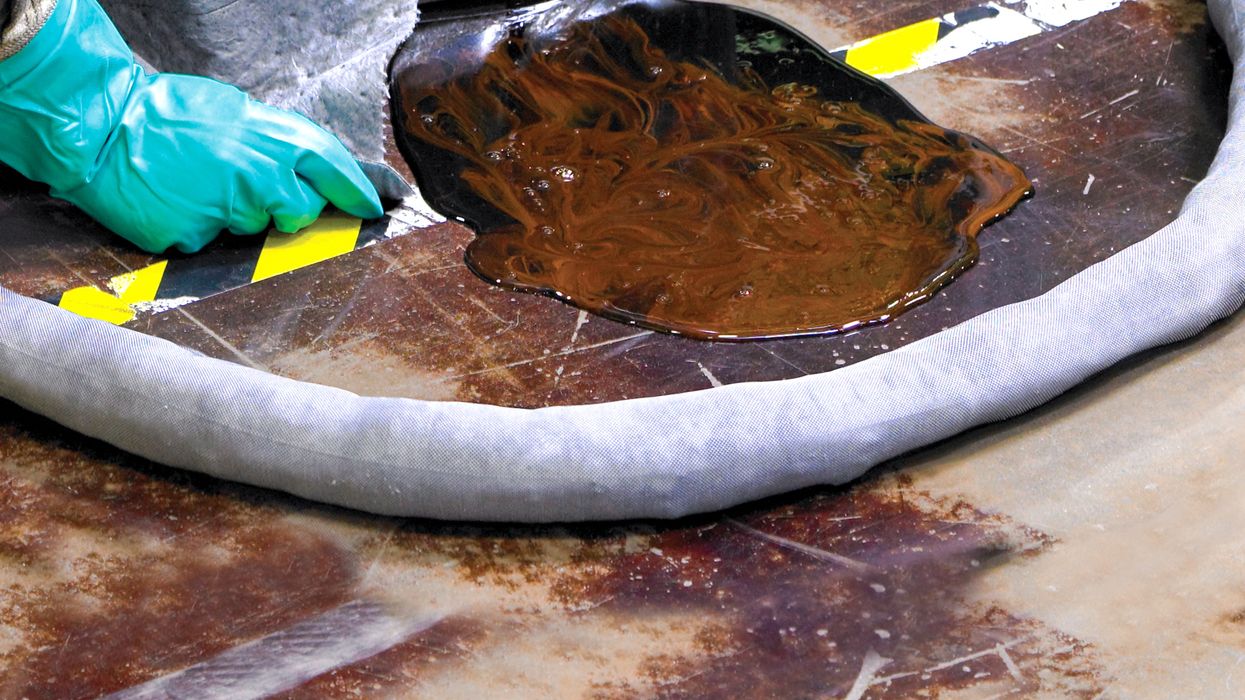Drugs, alcohol, and the FMLA
The U.S. has an opioid crisis, according to the National Institutes of Health, with opioid-involved deaths at 68,630 in 2020. Based on a survey conducted by the National Safety Council, in 2019, 75 percent of employers reported that opioid use impacted their workplace.
Enter the Family and Medical Leave Act (FMLA). This federal law entitles eligible employees to take job-protected, unpaid leave for qualifying reasons. Substance abuse treatment, some employers might not realize, can be one of those reasons.
Serious health condition
Substance abuse can be an FMLA-qualifying serious health condition as long as it meets the definition. If an employee (or family member) is kept overnight in a health care facility or if continuing treatment is involved, a serious health condition exists.
An FMLA serious health condition involving continuing treatment includes, for example:
- A period of incapacity of more than three, consecutive, full calendar days, and any subsequent treatment.
- Any period of incapacity (or treatment for) a chronic serious health condition requiring treatments at least twice per year.
- A period of incapacity for a permanent or long-term condition in which treatment might not be effective.
- Any period of absence to receive multiple treatments for a condition that would likely result in a period of incapacity of more than three consecutive, full calendar days in the absence of treatment.
Employees in substance abuse treatment programs could be experiencing any of these. As with most FMLA leave requests, you may require that an employee provide a certification to support the need for such leave. A certification should give you enough information to determine if the condition meets the criteria.
Treatment
One of the key words here is “treatment.” An employee who is not receiving treatment for substance abuse might not be entitled to FMLA leave for substance abuse. Employees are not, however, entitled to FMLA leave, for example, due to being under the influence of drugs or alcohol even if they indicate that they are going to obtain treatment in the future. FMLA leave is only for someone actually receiving treatment.
Let’s say, for example, that Jo Employee is selected for a random drug test and tests positive for illegal narcotics. If Jo never requested FMLA leave for the condition, under your company’s drug policy, Jo could be subject to termination. If you don’t have such a policy, your actions, however, may be more limited.
The federal Americans with Disabilities Act (ADA) does not protect employees who illegally use drugs, and neither the FMLA nor the ADA protects employees who are impaired on the job. The ADA could, however, protect employees who receive medication-assisted treatment (MAT) to help reduce or quit the use of opiates, even if the medication is methadone (a narcotic) and shows up in a drug test.
Key takeaway: Employees could be entitled to FMLA leave to receive treatment for a substance abuse disorder, but they are not entitled to FMLA leave simply because they are impaired by a legal or illegal substance. The details of each case need to be considered.





















































